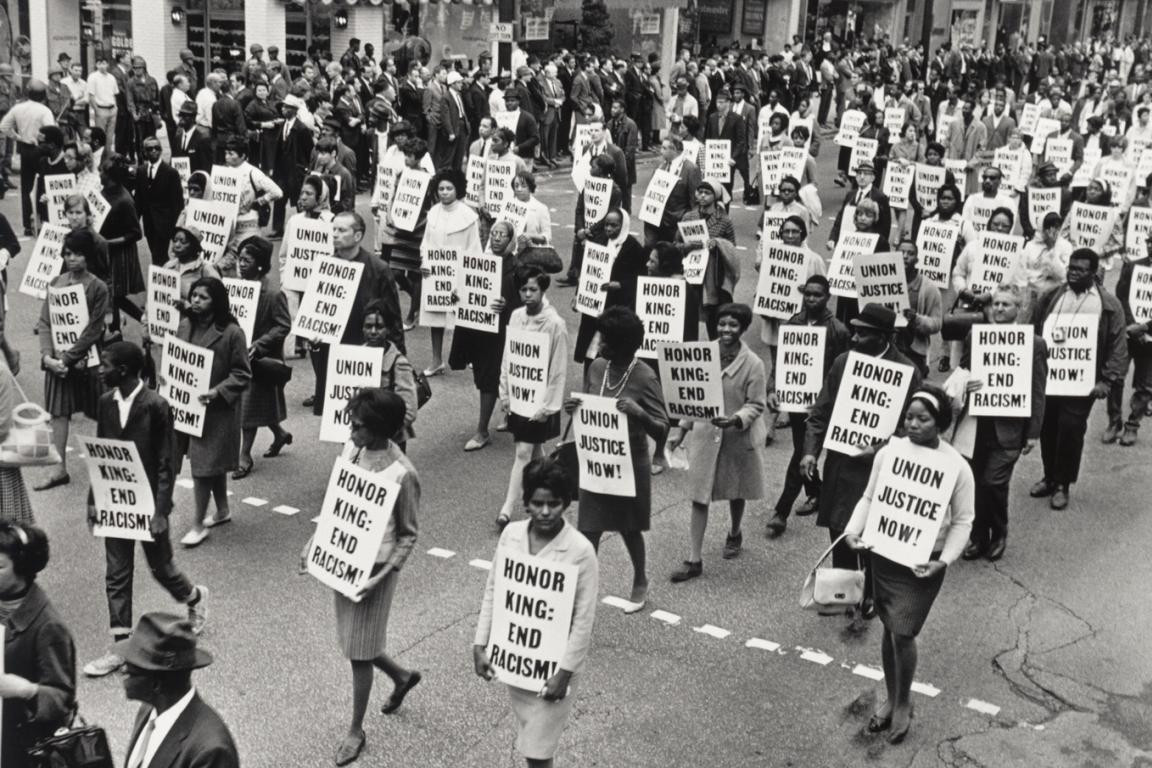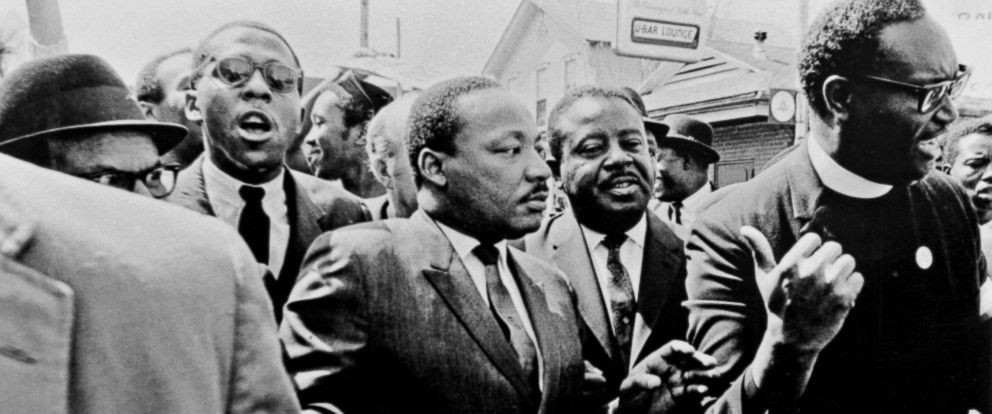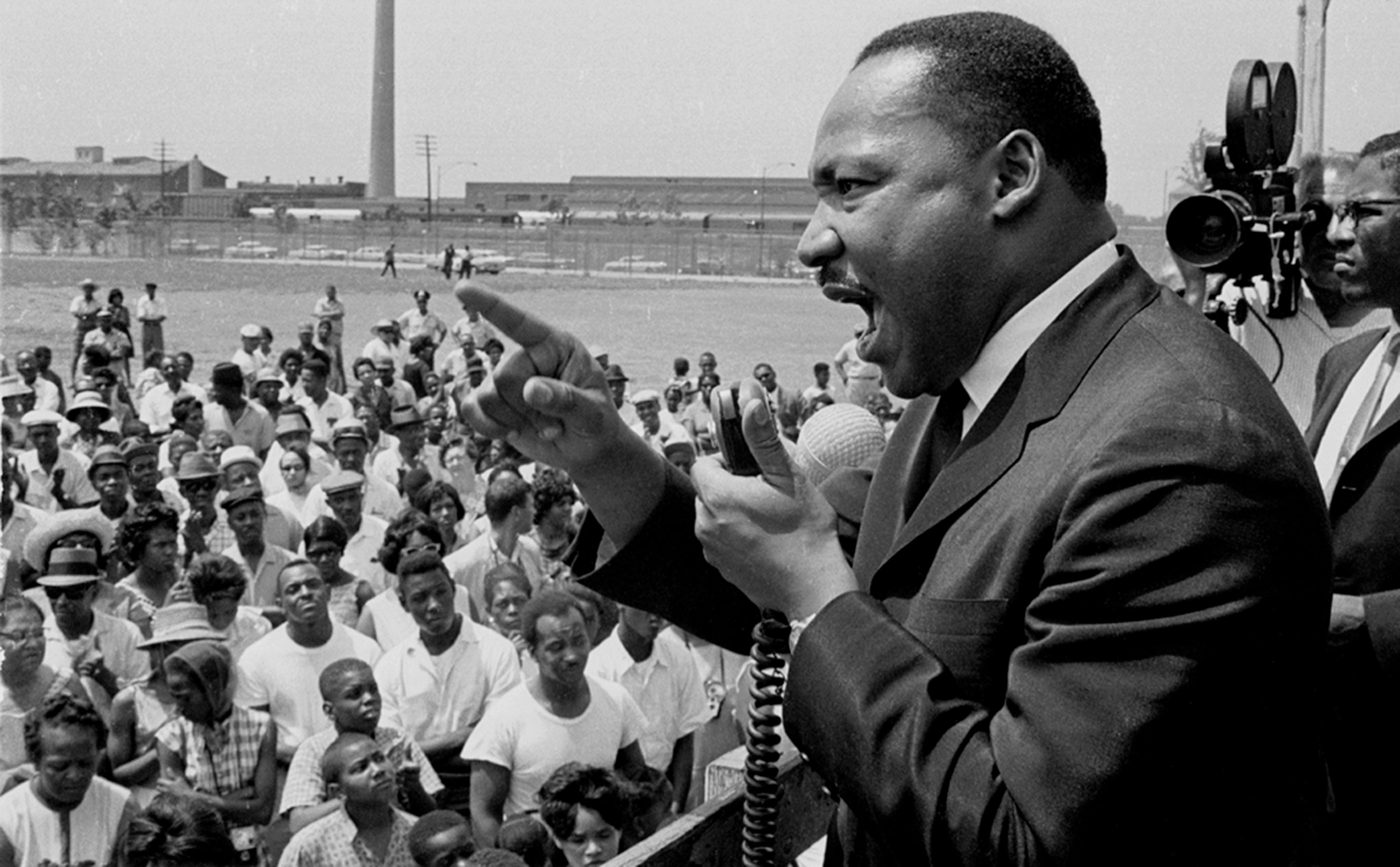The Epic Battle for MLK Day: A Radio Play Reveals the Untold Struggle for a National Holiday
On a day dedicated to honoring Dr. Martin Luther King Jr.'s legacy, a unique radio play, “The Battle for MLK Day,” brought to life the often-overlooked struggle to establish the national holiday. Performed by the Wayward Saints theatrical troupe at Weirton’s Dunbar Recreation Center, the production served as a powerful reminder of the fight for freedom and equality, going beyond the simple celebration of King's life. It showcased the years of political maneuvering, opposition, and eventual triumph that led to the recognition of King's birthday as a national holiday.
The Radio Play: A Captivating History Lesson
The play, now in its fourth year, was written by Pete Fernbaugh, who described the experience as an honor. The production featured a talented cast that included Jalen McCrary as Dr. Martin Luther King Jr. and U.S. Rep. John Conyers, Linda Spencer as Coretta Scott King, Rob DeSantis as Sen. Jesse Helms, and Robert J. Gaudio as President Ronald Reagan. Bethany Fernbaugh and Malachi McClendon served as the narrators, guiding the audience through the complex narrative. The three-act play effectively recreated the intense atmosphere of the political battles that raged for over a decade and a half.
Recreating the Political Landscape
The play vividly recounted the introduction of a resolution by Conyers just days after King's assassination in April 1968. It highlighted the subsequent 15 years of struggle, with multiple legislative attempts failing to garner enough support. The production effectively depicted the significant obstacles erected by figures like Senator Jesse Helms and the FBI, who attempted to tarnish King's image by suggesting ties to communism and highlighting potential economic concerns related to establishing a new national holiday for a private citizen. This attempt to discredit King's legacy is a crucial element of the story, underlining the profound resistance to acknowledging his contribution to American society.
Overcoming Obstacles: A Decade and a Half of Struggle
A significant turning point arrived in 1979, when President Jimmy Carter publicly endorsed the bill. However, despite the President's support, the bill fell short by only five votes in the House of Representatives, a narrow miss that underscored the intensity of the opposition. Yet, public support continued to rise, fueled by prominent figures like Stevie Wonder, whose 1980 song “Happy Birthday” served as a poignant tribute to King and helped keep the movement alive. The play beautifully captures this pivotal moment and the evolving public sentiment, illustrating how music and popular culture can contribute to social change.
The Triumph of Perseverance
The persistent efforts finally bore fruit in 1983, when Congress passed the bill to make Martin Luther King Jr. Day a national holiday. This marked a momentous victory, showcasing the power of sustained activism and political pressure. President Ronald Reagan, despite his initial reservations, signed the bill into law, concluding a chapter of intense political debate and struggle. The play does not shy away from portraying Reagan’s initial skepticism, demonstrating that even those who ultimately supported the holiday grappled with the complexities of the issue.
A Legacy Remembered, A Fight Continued
While the establishment of Martin Luther King Jr. Day was a monumental achievement, the radio play highlighted that the fight for true equality continued long after. It took until 2000 for every state in the U.S. to officially recognize the holiday, with New Hampshire being the last to formally adopt it. The play's concluding act left the audience with a thoughtful reflection on the enduring work required to achieve racial justice and equality in America, a fight that continues to this day. The final scene, a powerful moment of remembrance and reflection, resonated with the audience, reminding them that the ongoing struggle remains a testament to Dr. King's legacy. This event was co-sponsored by the Dunbar Recreation Center and the Ohio Valley Cloak and Dagger Co., showing the importance of community engagement in celebrating and remembering this pivotal moment in American history.
The annual walk along Weir Avenue, however, was cancelled due to the cold temperatures, illustrating that even commemorative events can be impacted by unforeseen circumstances. Despite the cold weather, the radio play successfully conveyed the message of Dr. King and the continued fight for equality for all.
This year's commemoration successfully blended entertainment with historical education, providing a captivating and informative experience for everyone in attendance. The importance of remembering and understanding the history behind the holiday should not be understated, as it reminds us of the ongoing efforts towards equality and social justice.
The production was a testament to the enduring relevance of Dr. King’s message, and a reminder of the hard-fought battles that led to the recognition of his monumental contribution to American history. The legacy of the civil rights movement, the perseverance of activists, and the struggle for equal rights remain topics of vital importance in modern society.



















